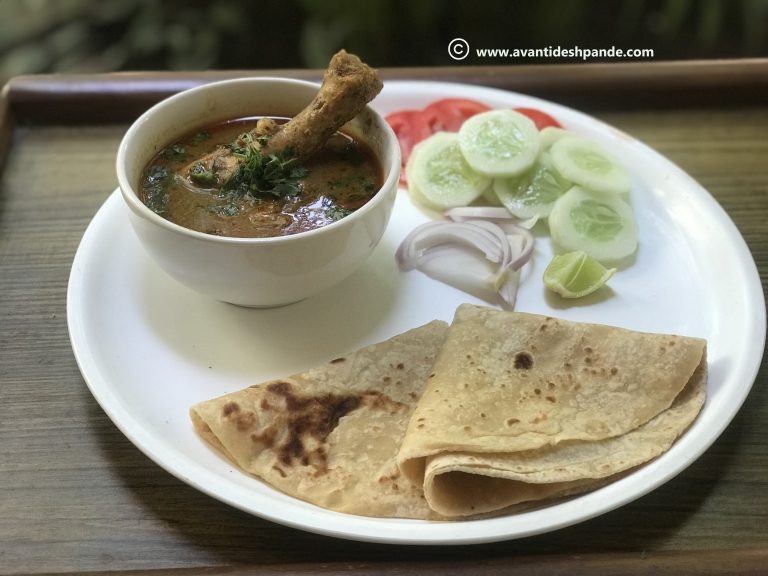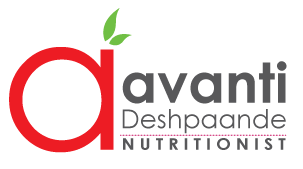WHAT EXACTLY IS BALANCED DIET??
Balanced diet is a type of diet which provides the body with essential nutrition- macro-nutrients (like carbohydrate, protein and lipids), micro-nutrients (like vitamins and minerals), fluids (water) and adequate calories. It helps to maintain overall health. It is with plenty of variety covering all 5 food group in proper amount-
WHAT DOES IT CONSTITUTE OF?
- CEREAL GROUP:-
Cereal group is the staple food of India, which mainly provide Energy. Some cereals are Wheat, Rice, Jowar, Bajra, Oats, Ragi, Maize, Quinoa, Barley, Rye, Macaroni Products and Bakery Products etc. The main nutrient present in cereal is Carbohydrate; other nutrients are Protein, Fiber. They are deficient in Lysine. Wide range of Vitamins and minerals like Thiamine, Vitamin E, Phosphorous, Iron and Folic Acid are also available in trace. In balanced diet, 50 to 60% of energy should come from cereal group.
- PROTEIN GROUP:-
It is divided into 2
- Plant protein: – It includes Pulses and Legumes like moong, chole, chana, tur dal, khesari dal etc. Nuts and oil seed like groundnut, almonds, walnuts, flax seed, pumpkin seed, cashew nuts, sesame seeds etc.
- Animal Protein: – It includes Milk and milk product like paneer, curd, cheese and khoa. Egg, Meat, Fish, Poultry.
Same as cereal they are rich in Calorie, Protein (2 x cereal), Fibers. They are deficient in Methionin protein. They are excellent source of B Vitamin particularly Thiamine, Folic acid and Pantothenic acid. Germination improves Vitamin C content. Minerals like Iron, Phosphorus, Magnesium, Calcium and Zinc are present in trace.
Nuts and Oil seeds are rich in Vitamin E, Niacin, Folic acid, Riboflavin and Thiamine. In addition, they have high fat content mainly MUFA and PUFA. 10-12 percent of total calorie should come from protein group. Total 12 to 15% of total calorie should come from protein group.
- PROTECTIVE FOODS (FRUITS AND VEGETABLE):-
Protective Foods are Spinach, Bottle Gourd, French Beans, Coriander, Apple, Banana, Mango, Orange, Amla, Brinjal, Onion, Tomato etc. They provide us with almost all the micro-nutrients (Vitamins and Minerals) except Vitamin B-12. Vitamin B-12 is present in animal products. Greens are good source of Fibre. They do not provide carbs, protein and fat. . In Balance Diet, less than 5 percent of energy should come from Fruits and vegetable group.
- FATS AND SUGAR:-
When we look at food pyramid fats and sugars are placed at the top, this means their consumption should be in limited quantity. Some foods rich in fats and carbs are Sugar, Oil, Cream, Ghee, Margarine, Mayonnaise, fondant etc. These are empty calorie food group i.e. they do not contain any other nutrients other than providing calories. 20-24 percent of calorie should come from this group.
MY HEALTHY PLATE 01:
STUFFED SPINACH PANEER PARATHA WITH BOTTLE GOURD FLAX SEED RAITA

- Stuffed Spinach Paneer Paratha
Stuffed Spinach Paneer Paratha is wholesome recipe. It is easy to make and can be served in breakfast, lunch or dinner. Spinach is very health amongst all other greens. It contains all the essential vitamins and minerals. Paneer is dairy product rich in protein and calcium.
- Bottle Gourd Flax Seed Raita
Flax seeds are rich source of omega 3 fatty acid which combines with curd to form toothsome recipe. Bottle gourd gives volume and mint leaves give flavor. Overall this is nutrient loaded recipe.
MY HEALTHY PLATE 02:-
MALWANI CHICKEN WITH CHAPATI

- Malwani Chicken
Malwani Chicken is a spicy and delicious recipe which leaves your taste buds tingling. In this recipe, chicken is cooked in rich coconut gravy along with spicy malwani masala which gives authentic flavour. It can be served with chapati or bhakri.
